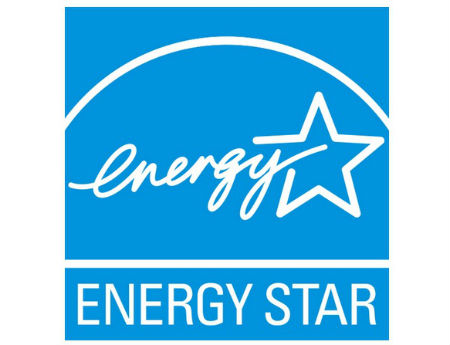Voluntary Set-Top Energy Plan Saved $168M: Report
The smarter way to stay on top of the multichannel video marketplace. Sign up below.
You are now subscribed
Your newsletter sign-up was successful

A voluntary set-top box energy conservation agreement announced in 2012 and now supported by the pay-TV industry, consumer electronics manufactures and other efficiency advocates have saved American consumers about $168 million in energy bills, they said, citing details outlined in a new annual report.
The report (PDF) found that the improved efficiency of set-tops also saved nearly 842,000 metric tons of carbon dioxide per year, or roughly the output of one-half of a large (500MW) power plant.
According to the report, 85% of set-top boxes purchased by pay-TV providers in 2013 met the U.S. Environmental Protection Agency (EPA) ENERGY STAR 3.0 efficiency levels, noting that new set-top boxes use approximately 14% less energy than those previously issued by the service providers.
Other 2013 milestones cited by the report include:
-The Voluntary Agreement led to a 4.4% reduction in national energy consumption by set-top boxes even as deployed stock increased in 2013.
-They also claim that these energy savings are larger when compared to national energy use projections without the Voluntary Agreement. Against those projections, the improved energy efficiency of the set-top boxes procured in 2013 saved American consumers almost $350 million in energy bills and saved nearly 1,750,000 metric tons of carbon dioxide, or the output of one large (500MW) power plant.
-Set-top box purchases indicate early adoption of 2017 goals – 90% of purchased set-top boxes must meet a more stringent set of energy efficiency levels called Tier 2. Approximately 47% of set-top boxes purchased in 2013 meet the more efficient Tier 2 levels.
The smarter way to stay on top of the multichannel video marketplace. Sign up below.
-Cable operators have deployed software updates enabling “light sleep” for set-top boxes already in homes and new set-top boxes. Telco providers deployed “light sleep” capabilities, and satellite providers have included an “automatic power down” feature in more than 90% of set-top boxes purchased and deployed.
In 2012, the pay-TV industry initiated a Voluntary Agreement, aiming for annual electricity savings of $1 billion or more, as the energy efficiency of set-top boxes is increased by up to 45%. Agreement signatories include 11 cable, satellite, and telco video companies and all major equipment vendors serving 91.9 million U.S. video subscribers, accounting for 91.3% of the total market in 2013. The agreement went into effect Jan. 1, 2013.
“The Voluntary agreement to reduce national energy use of set-top boxes is off to a great start. With these improvements the national energy used to power these devices is now going down,” said Noah Horowitz, Senior Scientist at the Natural Resources Defense Council, in a statement.
“These collective efforts of the cable, satellite, and telephone industries demonstrate a commitment to delivering innovative video services while at the same time saving energy in our customers’ homes,” added Michael Powell, president & CEO, National Cable & Telecommunications Association. “A big part of innovation is making sure we are good stewards of the environment, so these providers and device manufacturers will continue to look for new ways to conserve energy in delivering services.”
“The Annual Report is an important obligation of the Voluntary Agreement,” said Gary Shapiro, president and CEO of the Consumer Electronics Association. “It provides transparency, public accountability and a progress check on this non-regulatory initiative designed to deliver comprehensive energy and related cost savings for consumers and the country, while also protecting innovation and competition within our industry."
